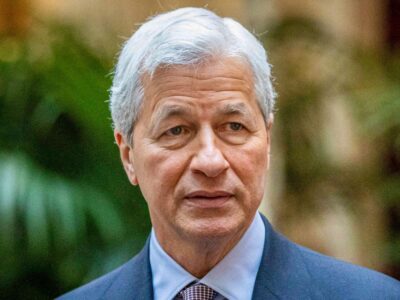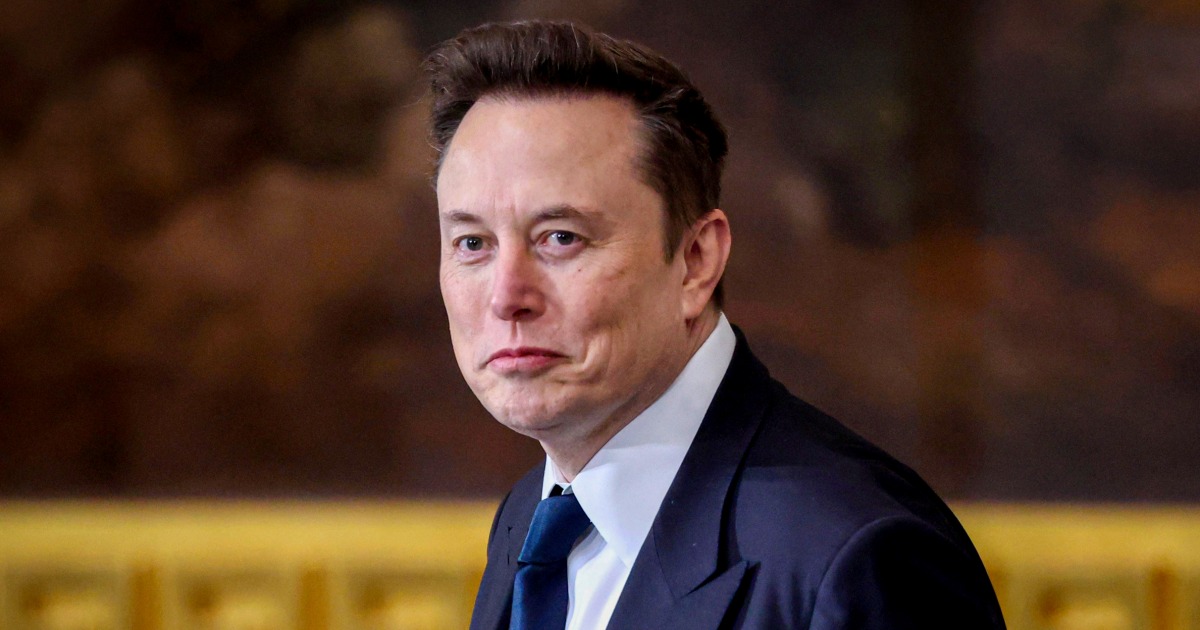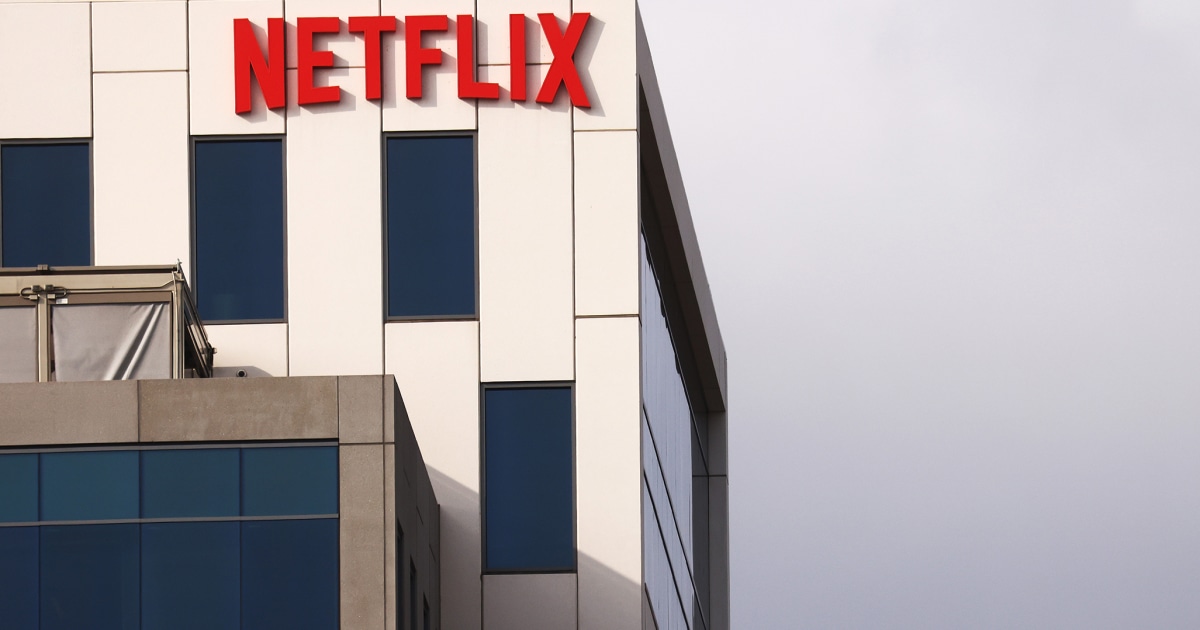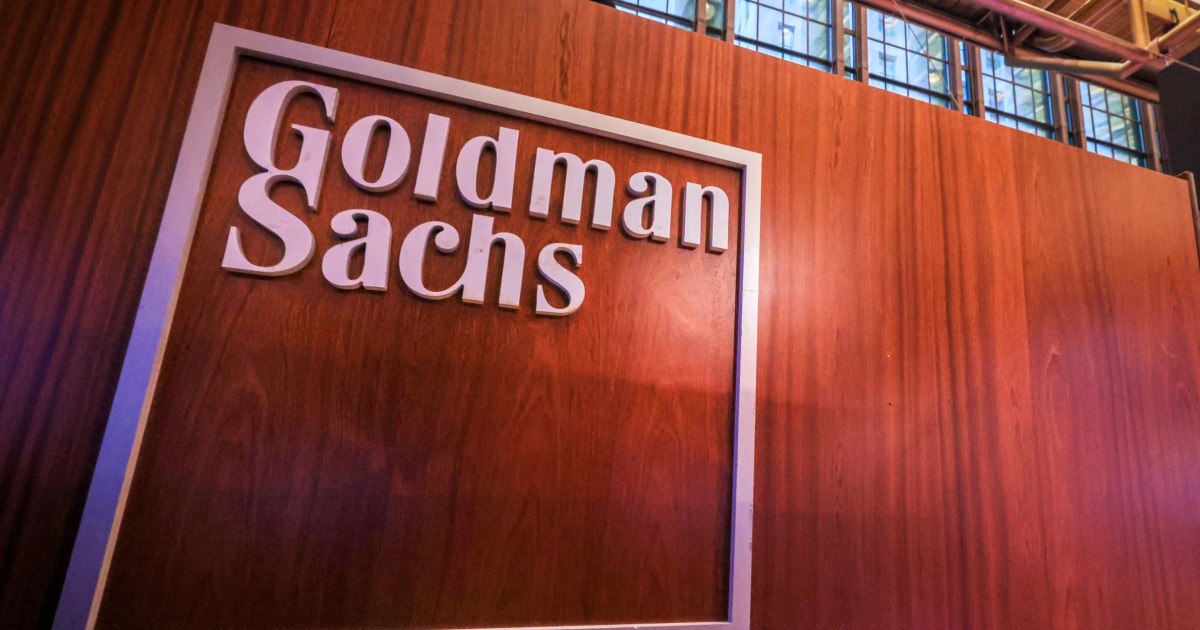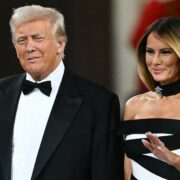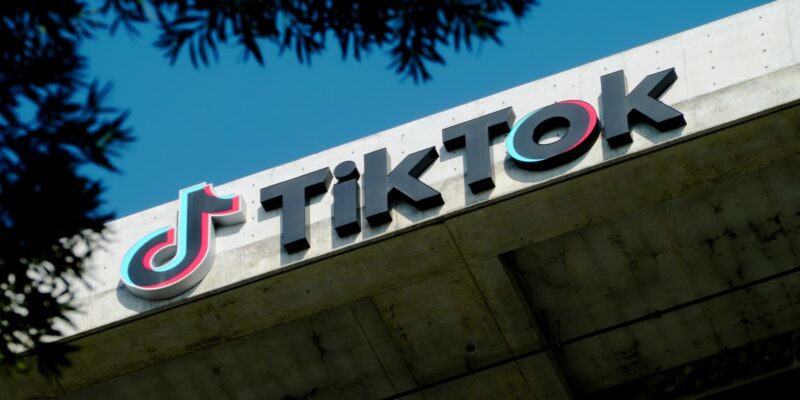
WASHINGTON — TikTok on Monday asked the Supreme Court to block a law that could potentially ban the video-based social media app, which has millions of American users.
At issue is a bipartisan measure passed by Congress and signed into law by President Joe Biden that would go into effect on Jan. 19, the day before President-elect Donald Trump takes office, unless the justices intervene.
The law, called the Protecting Americans from Foreign Adversary Controlled Applications Act, would require TikTok’s Chinese owner ByteDance to sell the platform to an American company or face a ban.
TikTok has challenged the law, saying it violates the free speech rights of the company under the U.S. Constitution’s First Amendment.
“The Act will shutter one of America’s most popular speech platforms the day before a presidential inauguration,” TikTok’s lawyers wrote in the court filing.
“This, in turn, will silence the speech of Applicants and the many Americans who use the platform to communicate about politics, commerce, arts, and other matters of public concern,” they added.
TikTok asked the Supreme Court to act by Jan. 6.
“Today, TikTok is asking the court to do what it has traditionally done in free speech cases: apply the most rigorous scrutiny to speech bans and conclude that it violates the First Amendment,” company spokesman Michael Hughes said in a statement.
If the Supreme Court temporarily blocks the law, it would tee up a final decision from the justices on whether the law passes constitutional muster. The court could potentially expedite consideration of the case, meaning it could issue a final ruling within months.
If the justices reject TikTok’s application, then the law would go into effect as planned. TikTok could still seek to have the high court review the law while it is in place, but the justices will already have sent a signal that they think the company is unlikely to prevail.
The federal government has defended the law on national security grounds, saying there are concerns about the Chinese government’s influence over the app.
TikTok, as well as eight individual users and Based Politics Inc, a conservative group that uses TikTok, all filed separate challenges against the law saying the law violates their free speech rights too.
The individual challengers filed their own application at the Supreme Court. For people who rely on TikTok, the ban would be “devastating to their livelihoods, their communities, and their ability to express themselves and hear the ideas of their choosing,” their lawyers wrote.
The U.S. Court of Appeals for the District of Columbia Circuit upheld the law, despite finding that it did implicate the First Amendment and needed to be reviewed very closely.
Applying court precedent, the three-judge panel concluded that that law served a compelling government interest and was sufficiently narrowly tailored to further that interest.
The appeals court found that the government’s national security justifications, including concerns that the Chinese government could access data about American users and potentially manipulate content on the app, were legitimate.
TikTok was launched in the U.S. in 2018 and has become increasingly popular, with the platform now claiming 170 million American users.
Its algorithm provides users with a stream of short-form video content that adjusts based on their interests.
There were national security concerns from the beginning, with then-President Donald Trump at one point seeking to ban it. Trump has since equivocated, saying during the recent election that he could “save TikTok.”
Trump on Monday said he has a “warm spot” in his heart for TikTok when asked about the law. He was also scheduled to meet with TikTok’s CEO, Shou Zi Chew, at his Mar-a-Lago home in Florida on Monday, according to a source familiar with the meeting.
The company has the backing of civil liberties groups that have joined the legal fight on free speech grounds.



